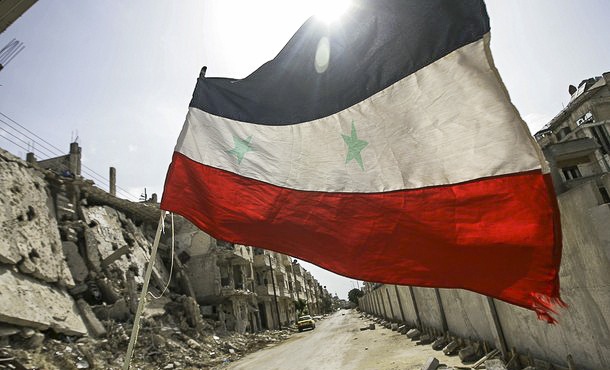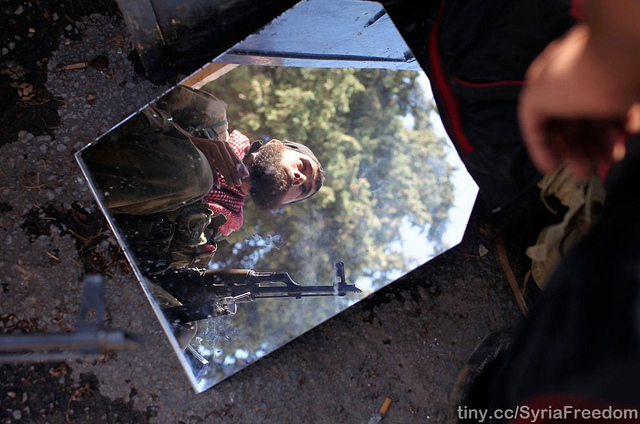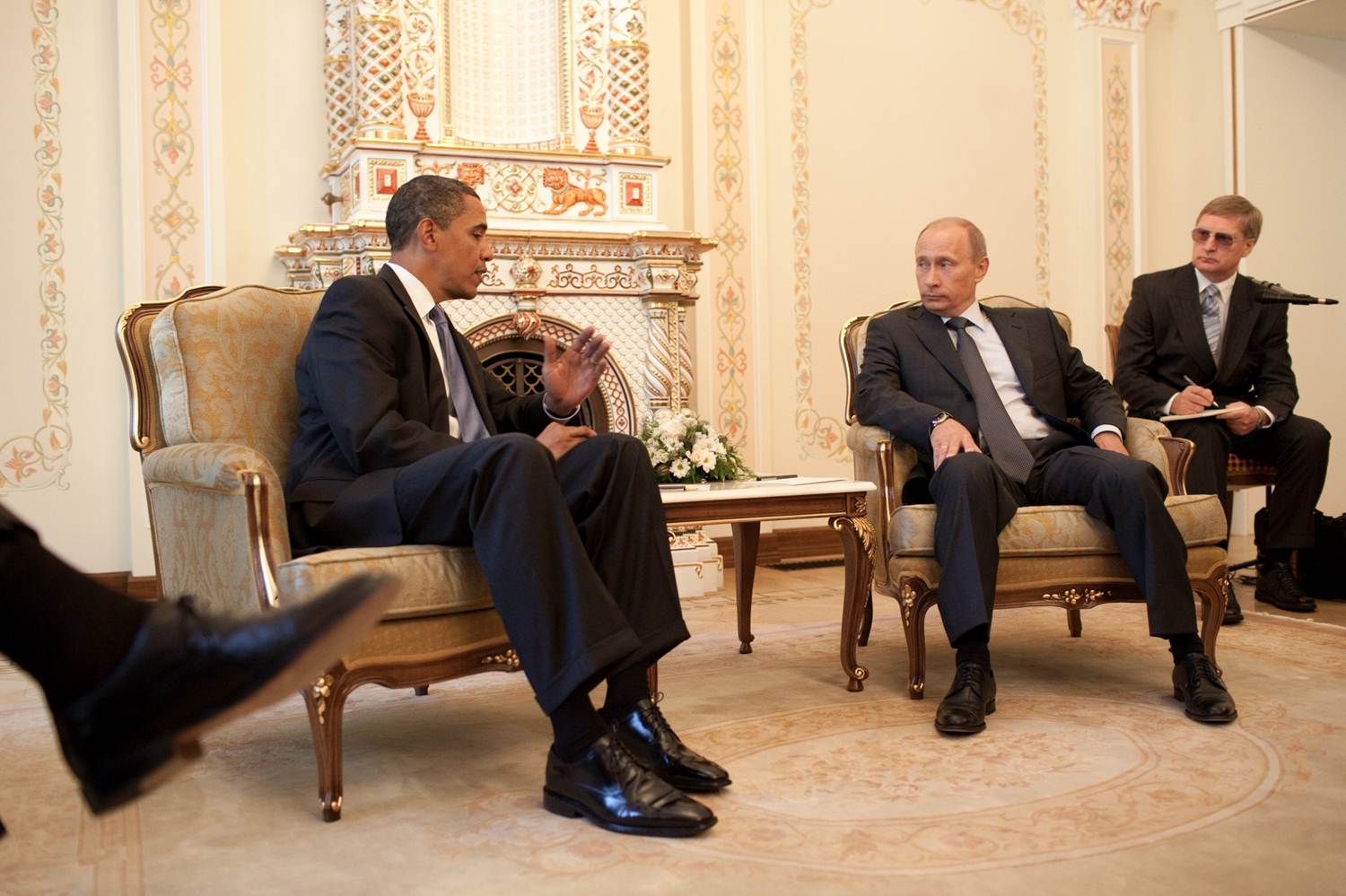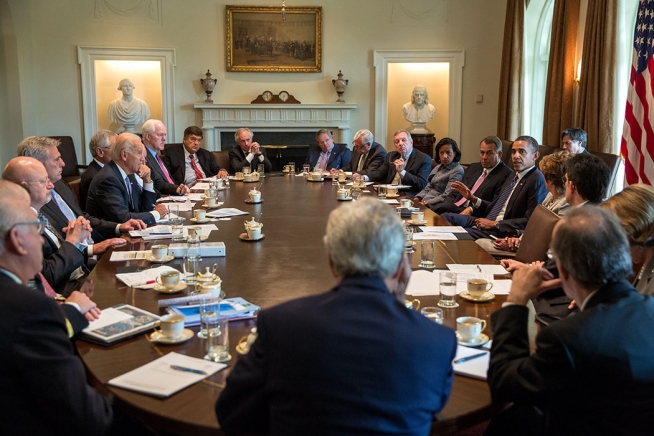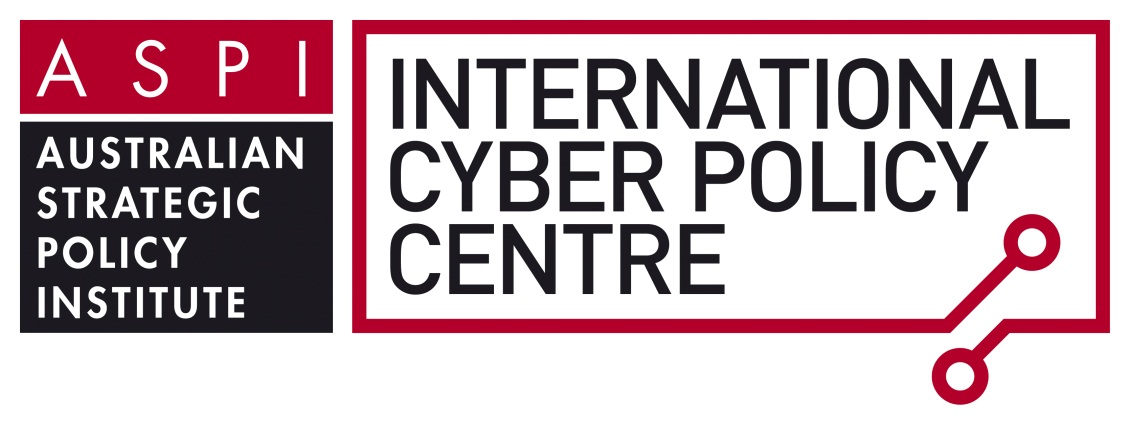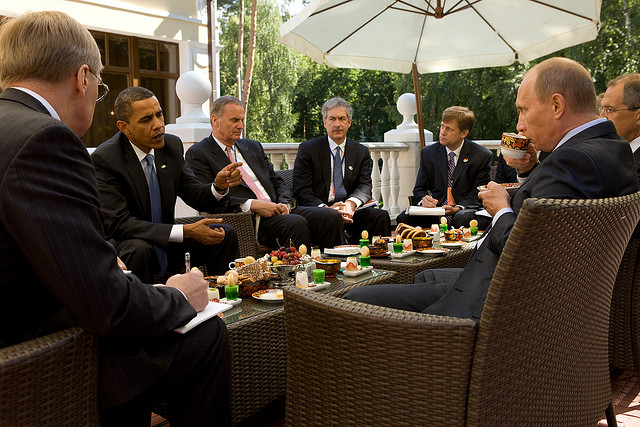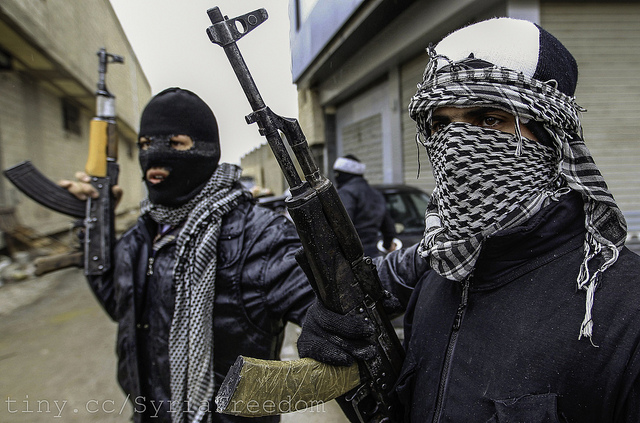
With the centenary of the commencement of WWI looming, many in the blogosphere have been looking for good history books to read. Historian Margaret MacMillan has a Brookings essay entitled ‘The Rhyme of History: lessons of the Great War’ (including short interviews with the author). For a more detailed narrative of Europe in the years leading to the war, there’s also MacMillan’s new book, The War that Ended Peace: the road to 1914. The NY Times rated Christopher Clark’s The Sleepwalkers: how Europe went to war in 1914 one of its ten best books of 2013. For fans of beautiful writing, there’s always Barbara W. Tuchman’s The Guns of August. And over the next four years we should heed Hew Strachan’s admonition to do more than remember.
Earlier in the week, Rosa Brooks asked on Foreign Policy, has the nature of ‘war’ changed since the days of Clausewitz? She says:
Take cyberwar: much of what is often spoken of under the “cyberwar” rubric is not violent in the Clausewitzian sense of the word. Cyberattacks might shut down the New York Stock Exchange and cause untold financial damage, for instance, but would we say that this makes them violent? Or, say cyberattacks shut down the electrical grid for several major cities, and as a result of the loss of power, a few hundred hospital patients on ventilators die. I’m still doubtful that most of us would call this violence in the usual sense of the word.
Sticking with the changing nature of warfare, why is the Syrian opposition disappearing from Facebook?
This week the International Institute for Strategic Studies (IISS) launched Military Balance 2014, IISS’ annual assessment of military capabilities and defence economics worldwide. See here for key summaries on defence spending (infographic below, click to enlarge. Source: IISS), and here for global developments. Another observation from that volume is that drone usage has increased as the costs of acquiring them fall.
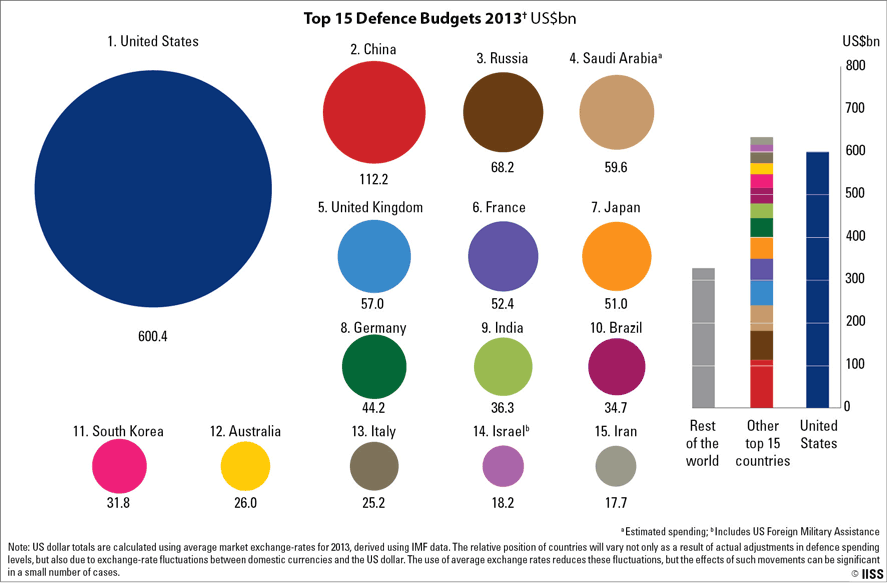
A few weeks ago, The National Interest brought you ‘The five best submarines of all time’. This week, here’s their five worst. This follows their five worst fighter aircraft list—which we mention more for completeness rather than recommending it. You can see what The Strategist‘s exec editor thought of it here.
Speaking of technology, here’s footage of Britain’s new unmanned drone, ‘Taranis’, flying in the Australian desert.
US Special Operations Commander, Admiral William McRaven, delivered an impassioned speech in January at West Point of a sailor’s perspective of the US Army. He said:
I learned that taking care of soldiers is not about coddling them. It is about challenging them. Establishing a standard of excellence and holding them accountable for reaching it. I learned that good officers lead from the front. I can’t count the times that I saw Petraeus, without body armor, walking the streets of Mosul, Baghdad or Ramadi, to share the dangers with his men and to show the enemy he wasn’t afraid.
Lastly, on a lighter note, the Swedish Marines we listed last week have some competition from the Royal Dragoons—or do they? The editorial team think that neither of them can oust the US Army from #1: Lazy Ramadi remains the benchmark.
Events
The Australian Defence Force has teamed up with the Sydney Theatre Company to create The Long Way Home, a theatre production that explores the experiences of ADF personnel on operations in Iraq, Afghanistan and East Timor. Servicemen and women perform alongside professional actors as part of a broader rehabilitation program. The season commences on tonight in Sydney, and runs in major capital cities until mid-April. Details here.
Natalie Sambhi is an analyst at ASPI and editor of The Strategist. Image courtesy Flickr user cwasteson.

